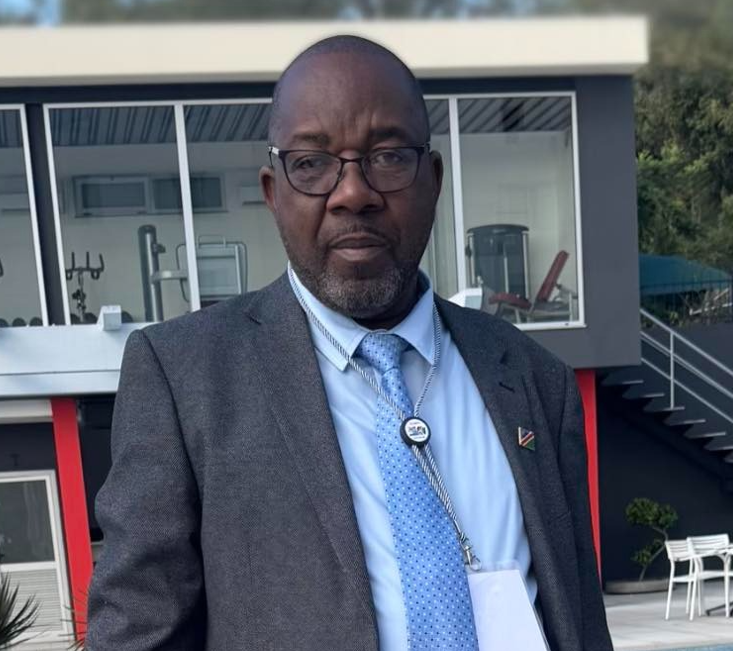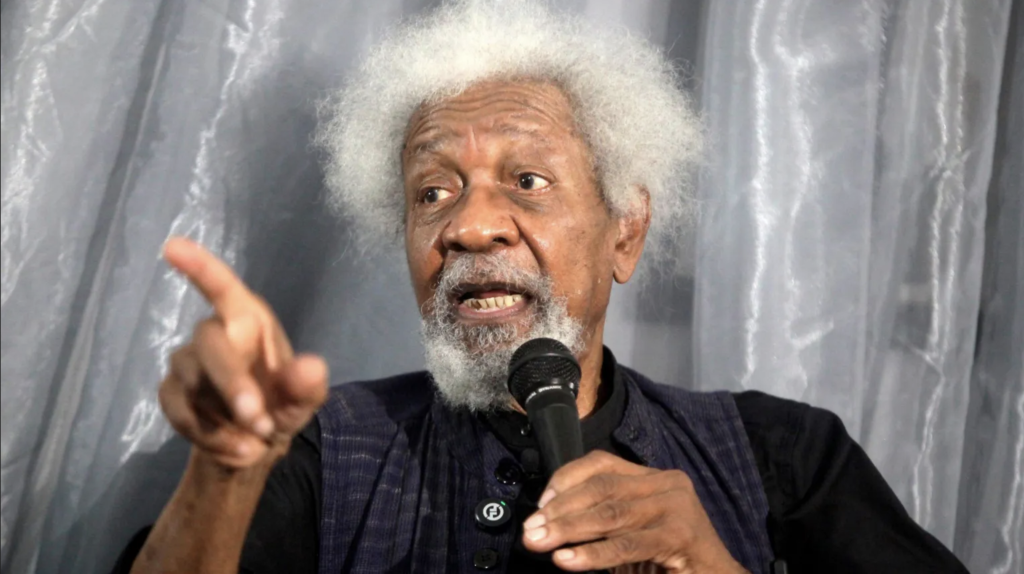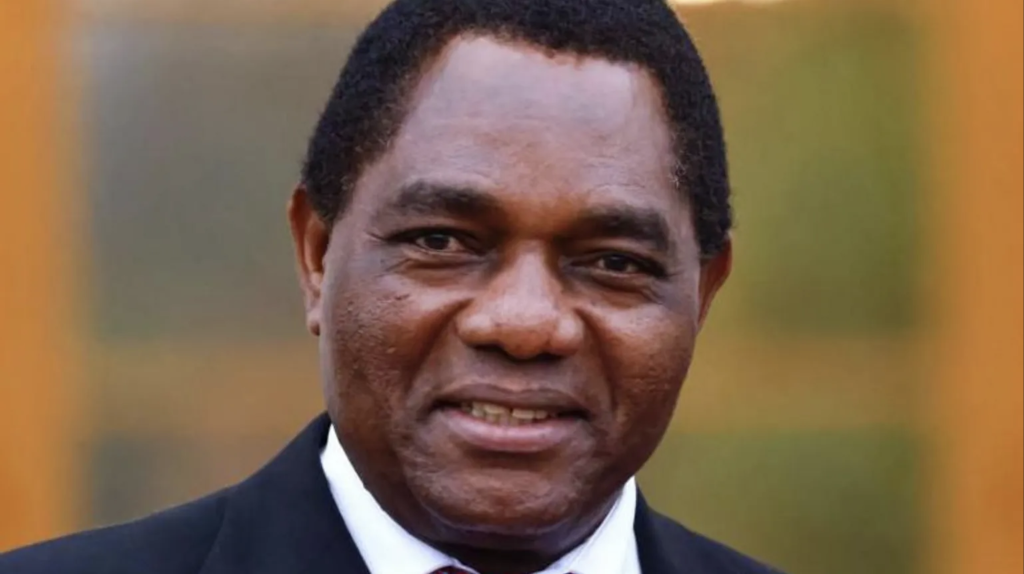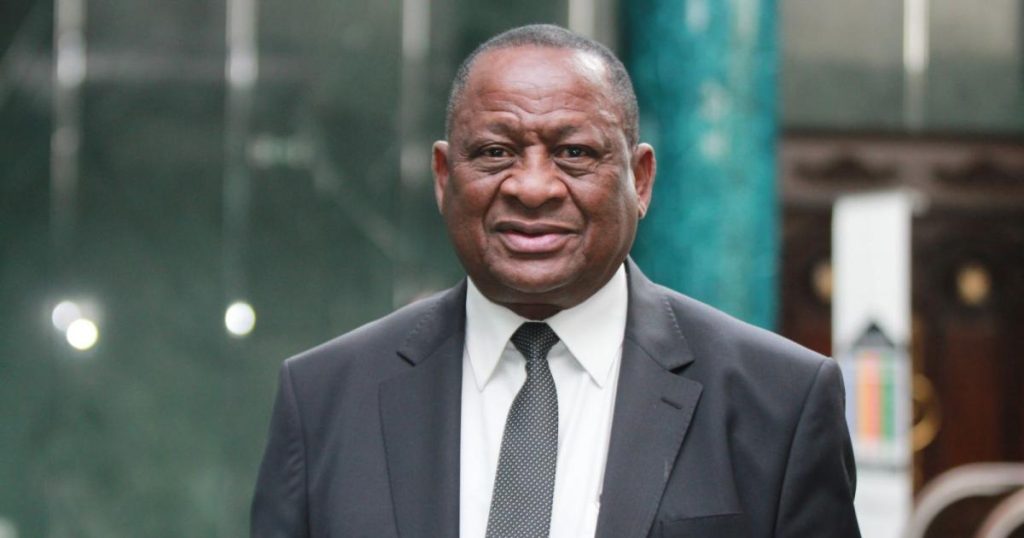A rainbow nation
Written by on June 24, 2024
… Govt studying pro-gay court decision
The government still has to study and make an assessment of the High Court’s landmark decision to decriminalise sexual acts between men, attorney general Festus Mbandeka says.
“It’s a very important judgement for the government and the people of Namibia,” Mbandeka said yesterday.
“We have to do a thorough assessment of the judgement before we decide what our position will be.”
Mbandeka also said the court’s judgement will have to be studied and considered before the government decides if it will lodge an appeal to the Supreme Court against the High Court’s decision.
High Court judges Nate Ndauendapo, Shafimana Ueitele and Claudia Claasen on Friday declared the common law offences of sodomy and “unnatural sexual offences” unconstitutional and invalid in a joint judgement.
The court stated that the common law offences of sodomy and “unnatural sexual offences” differentiate between men and women and between gay men and heterosexual men. This amounts to unfair discrimination and is unconstitutional, the court found.
The judges also said the view that homosexuality is “an abominable vice” is based on prejudice and personal aversion.
Ordinary people would often not be able to produce reasons for such views, but would simply parrot their neighbours’ views on the matter, the judges remarked.
The court’s judgement was given on an application by a gay Namibian man, Friedel Dausab, to have the common law criminalisation of male anal sex and “unnatural sexual offences” declared unconstitutional.
Dausab alleged that the criminalisation of consensual sexual acts between men violates the fundamental rights and freedoms of gay men and men who choose to have sexual relations with men and discriminates against people on the basis of sex and sexual orientation.
Festus Mbandeka
REASONS
In their judgement, the three High Court judges noted that the definition of sodomy criminalises sexual conduct between males, also when it takes place with consent and in private, but the same sexual conduct is not an offence when it takes place between a man and a woman or between two women.
The court said the questioned legislation would be unconstitutional if it differentiates between people or categories of people and that differentiation is not based on a rational connection to a legitimate purpose.
The judges questioned whether gay men pose a threat to society and who had to be protected against them, before stating: “We are of the firm view that the enforcement of the private moral views of a section of the community (even if they form the majority of that community), which are based to a large extent on nothing more than prejudice, cannot qualify as such a legitimate purpose.”
The court also stated: “[W]e are not persuaded that in a democratic society such as ours, with a Constitution which promises recognition of the inherent dignity and of the equal and inalienable rights of all members of the human family and the pursuit of individual happiness, it is reasonably justifiable to make an activity criminal just because a segment, maybe a majority, of the citizenry consider it to be unacceptable.”
The judges further said the criminalisation of anal sexual intercourse between consenting adult men in private is outweighed by the harmful and prejudicial impact it has on gay men and is not reasonably justifiable in a democratic society.
The court stated as well: “[D]epriving gay men of the right to choose for themselves how to conduct their intimate relationships poses a greater threat to the fabric of society as a whole than tolerance and understanding of non-conformity could ever do.”
REACTIONS
The court’s judgement has been hailed by human rights organisations and also slammed by critics of campaigns for equal rights for sexual minorities.
The chairperson of a committee against homosexuality and same-sex marriage in Namibia, Pendapala Nakathingo, said yesterday: “The judgement has offended our fundamental rights, dignity and freedoms. […] The judgement has no positive contribution to our society.”
Nakathingo also said the court’s decision was “a direct attack on humanity and is destructive on the country and society”
.
He said gay men and other sexual minorities “are aiming for all people to join their group” and that this would result in human procreation coming to an end.
“We are living in a democratic society, where the majority rules,” Nakathingo said.
Legal Assistance Centre director Toni Hancox described the court’s decision as “a brave judgement” yesterday.
Said Hancox: “I’m very proud that people are now in a space where they have the privacy in their own home to have the relationship that they wish to have.”
Hancox also said she is concerned about reactions to the court’s decision. “I sincerely hope people will accept this judgement,” she said.
The Namibia Media Trust (NMT) and Namibia Diverse Women’s Association (NDWA) said in a statement on Friday: “The decision represents a monumental victory for the LGBTQI+ community in Namibia, paving the way for a more inclusive and just society.”
The NMT and NDWA added: “We commend the High Court for its courageous and just decision, which aligns Namibia with global human rights norms and reaffirms the supremacy of the Constitution of Namibia. This ruling is a testament to the progress we are making towards a society where every individual, regardless of their sexual orientation, can live free from fear and discrimination and enjoy the right to freedom of expression.”
Toni Hancox
Flavian Rhode, executive director of Positive Vibes Trust, an organisation that supported Dausab in his litigation, said in a statement on Friday: “How adults conduct their private lives within loving, consensual relationships and in the intimacy of their own homes should never have been a matter for state interference.”
Rhode added: “Obsolete and outdated colonial laws that breach our Constitution have no place in a diverse, post-independence Namibia and we celebrate today that they have been resolutely relegated to the history books.”
Positive Vibes Trust also noted that more than half of the Southern African Development Community’s member countries – including Angola, Botswana, South Africa, Mozambique and Lesotho – have now decriminalised same-sex sexual activity.
The Joint United Nations Programme on HIV/AIDS (UNAIDS) applauded the judgement on Friday as “a significant victory for equality and human rights for all Namibians”.
The UNAIDS’ regional director for east and southern Africa, Anne Githuku-Shongwe, said the court’s decision “is a powerful step towards a more inclusive Namibia”.
Githuku-Shongwe added: “The colonial-era common law that criminalised same-sex sexual relations perpetuated an environment of discrimination and fear, often hindering access to essential healthcare services for LGBTQI+ individuals. To protect everyone’s health, we need to protect everyone’s human rights.”
The human rights organisation Amnesty International’s deputy regional director for east and southern Africa, Khanyo Farise, also commented that the High Court’s decision “is a victory for love, for equality and for human rights”.
Farise said: “This ruling is a step toward ending discrimination in equal access to healthcare and other social services and ensuring that all people in Namibia can choose their partners without fear of reprisals and live their lives in dignity.”
In the statement released by Positive Vibes Trust on Friday, Dausab commented: “I challenged these laws as a committed activist, because I was personally and acutely aware that criminalisation was a clear obstacle to my living a full, open, honest life. I can also attest that the sodomy offences hindered the prevention of HIV infections and access to lifesaving treatment to prevent AIDS and made gay men like me easy targets for abuse.”
Dausab added: “Because of this decision, I no longer feel like a criminal on the run in my own country simply because of who I am.
Just like most ordinary Namibians, I’ve always wanted the chance to find love and to know that I belong. Today, I feel closer to that goal.”
The post A rainbow nation appeared first on The Namibian.



